Australian Nobel Prize science winners
-
2025 - Chemistry
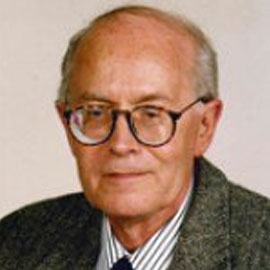
Richard Robson for the development of metal–organic frameworks. Shared with Susumu Kitagawa (Japan) and Omar M. Yaghi (US).
-
2011 - Physics
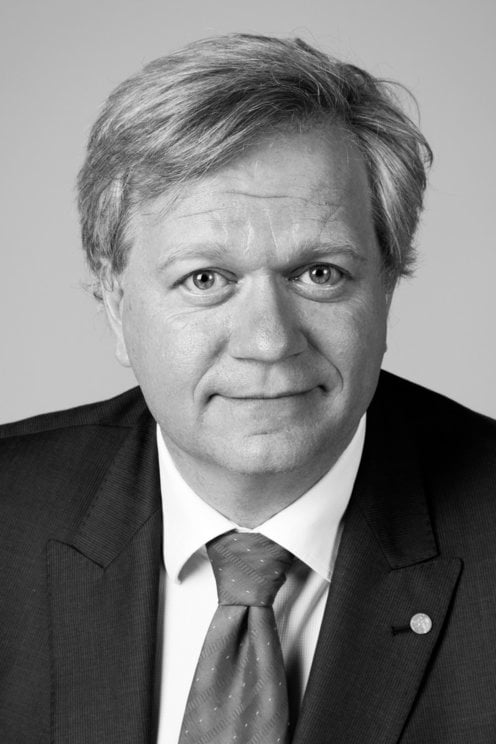
Brian P. Schmidt for the discovery of the accelerating expansion of the universe through observations of distant supernovae. Shared with Saul Perlmutter (US) and Adam G. Riess (US).
-
2009 - Physiology or Medicine
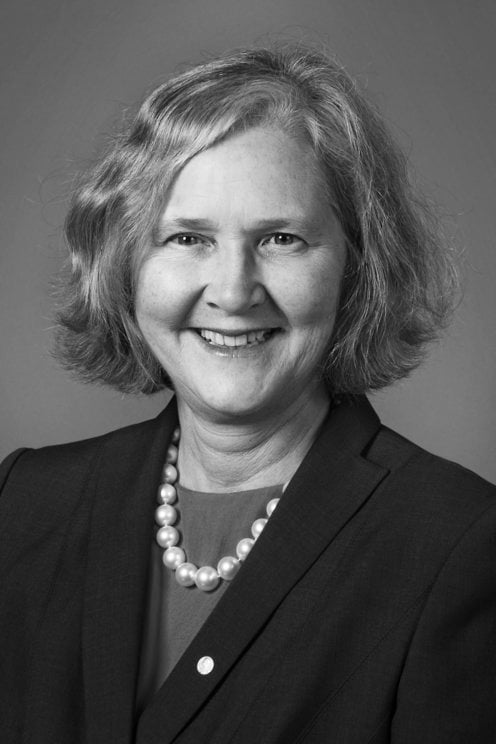
Elizabeth Blackburn for the discovery of how chromosomes are protected by telomeres and the enzyme telomerase. Shared with Carol W. Greider (US) and Jack W. Szostak (US).
-
2005 - Physiology or Medicine
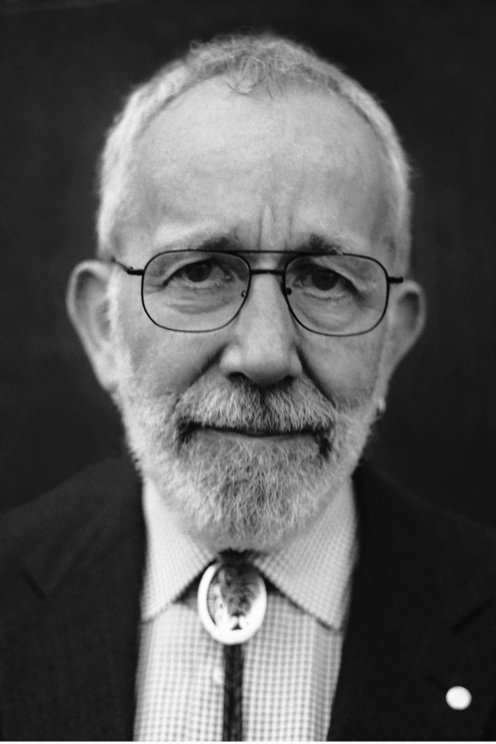
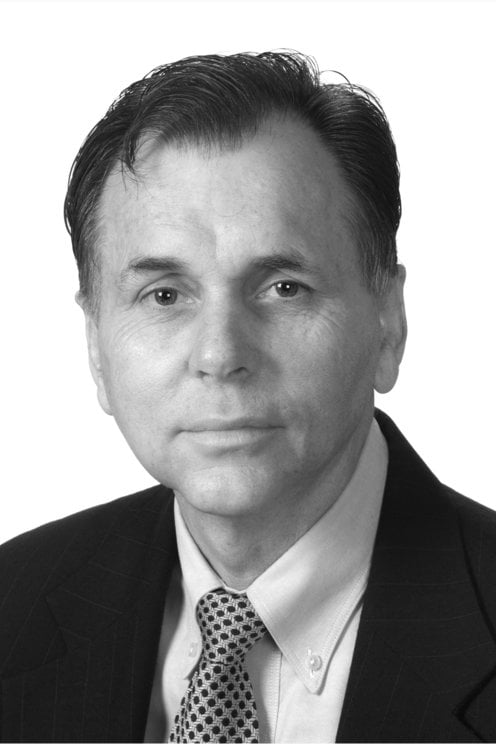
J. Robin Warren & Barry J. Marshall for the discovery of the the bacterium Helicobacter pylori and its role in gastritis and peptic ulcer disease.
-
1996 - Physiology or Medicine
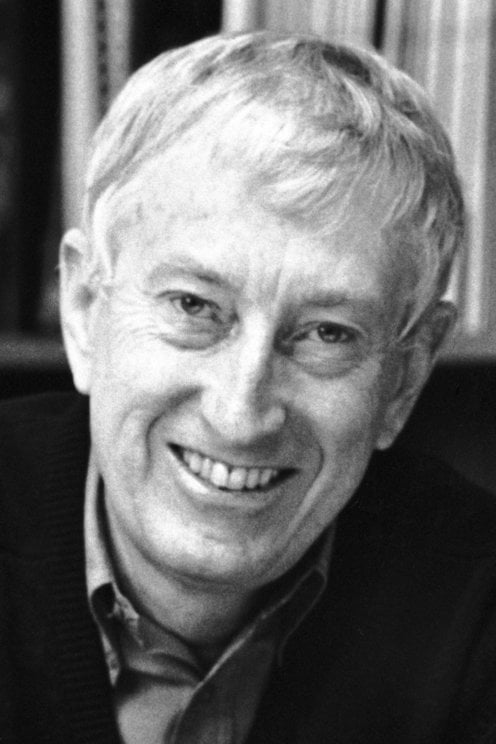
Peter C. Doherty for discoveries concerning the specificity of the cell mediated immune defence. Shared with Rolf M. Zinkernagel (Switzerland).
-
1975 - Chemistry
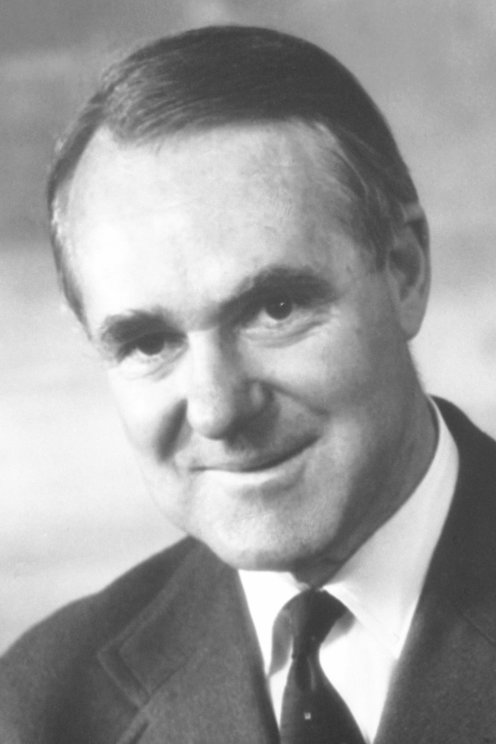
Sir John Cornforth for his work on the stereochemistry of enzyme-catalyzed reactions. Shared with Vladimir Prelog (Switzerland) for his research into the stereochemistry of organic molecules and reactions.
-
1964 - Physics
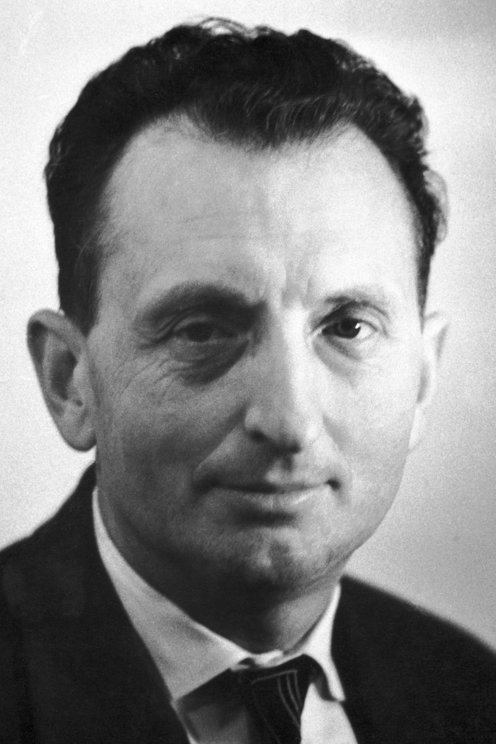
Aleksandr M. Prokhorov (born in Australia, worked in the USSR) for fundamental work in the field of quantum electronics, which has led to the construction of oscillators and amplifiers based on the maser-laser principle. Shared with Charles H. Townes (US) and Nicolay G. Basov (USSR).
-
1963 - Physiology or Medicine
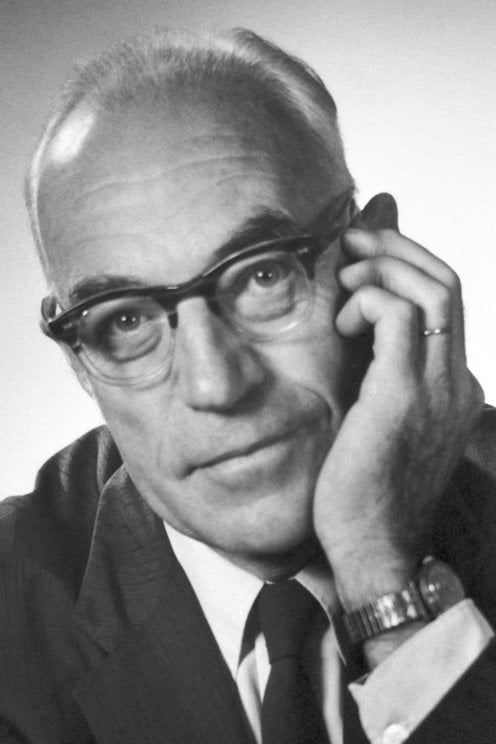
Sir John Carew Eccles for discoveries concerning the ionic mechanisms involved in excitation and inhibition in the peripheral and central portions of the nerve cell membrane. Shared with Alan Hodgkin (UK) and Andrew Huxley (UK).
-
1960 - Physiology or Medicine
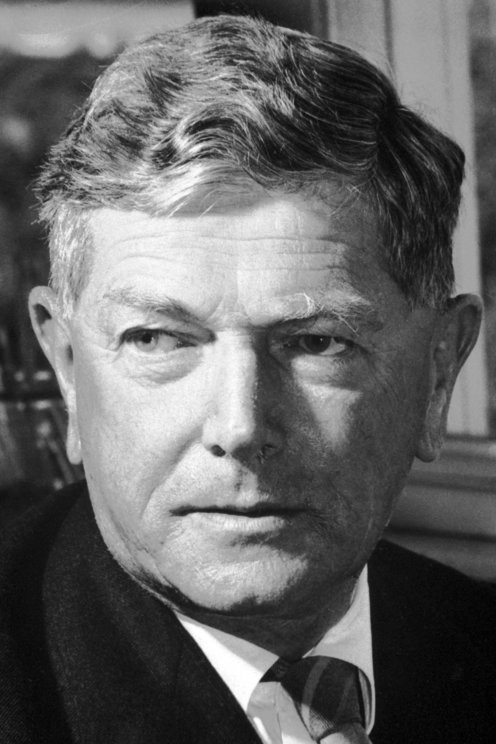
Sir Frank Macfarlane Burnet for the discovery of acquired immunological tolerance. Shared with Peter Medawar (UK).
-
1945 - Physiology or Medicine
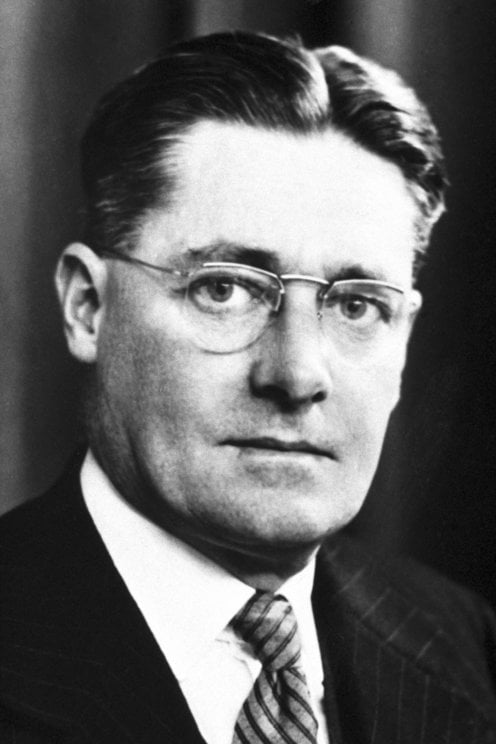
Howard Florey for the discovery of penicillin and its curative effect in various infectious diseases. Shared with Alexander Fleming (UK) and Ernst B. Chain (UK).
-
1915 - Physics
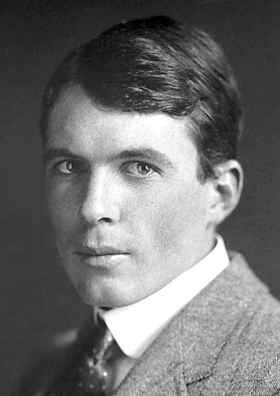
Sir William Lawrence Bragg (born in Australia, worked in the UK) for services in the analysis of crystal structure by means of X-rays. Shared with his father William Henry Bragg (UK).
Source: The Nobel Prize